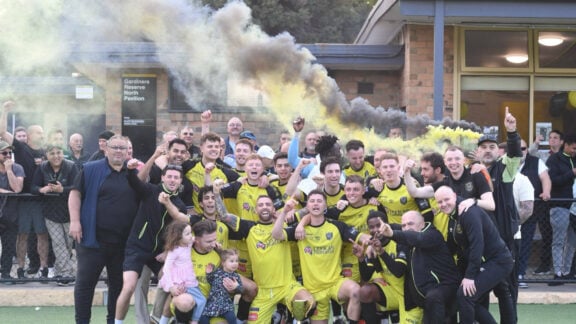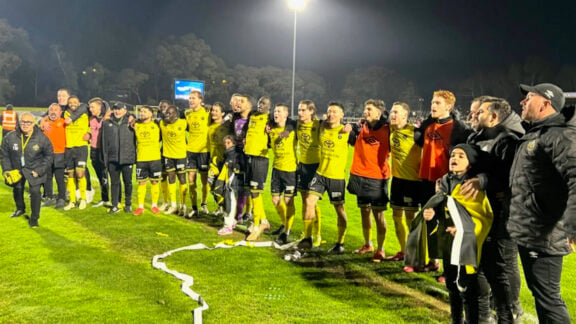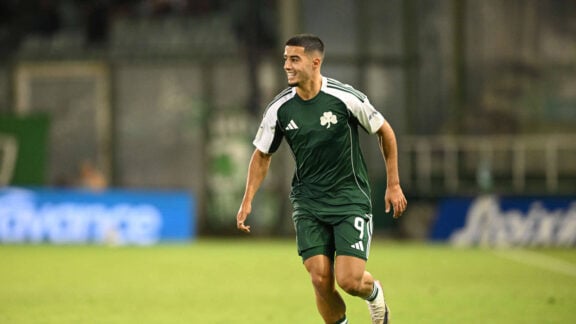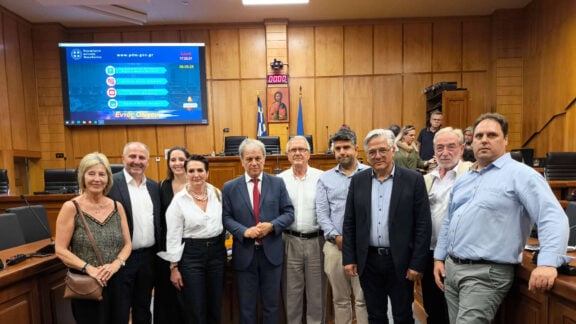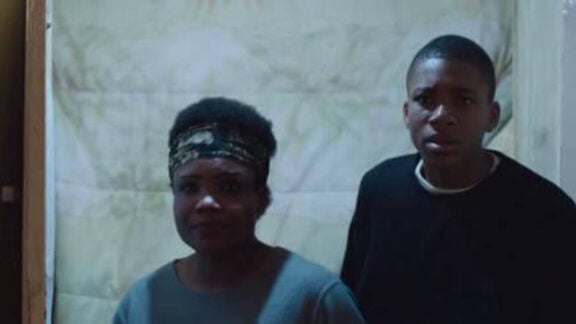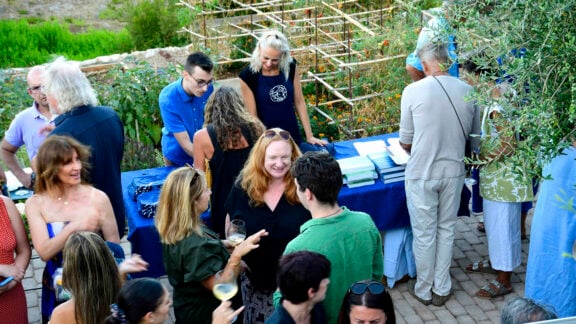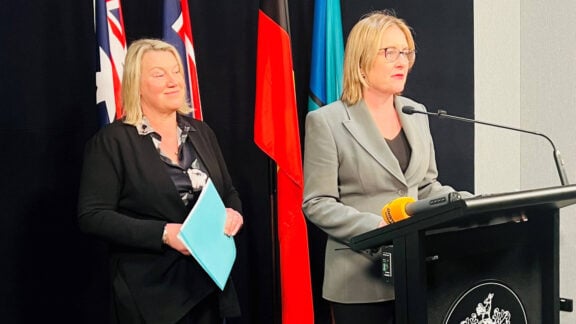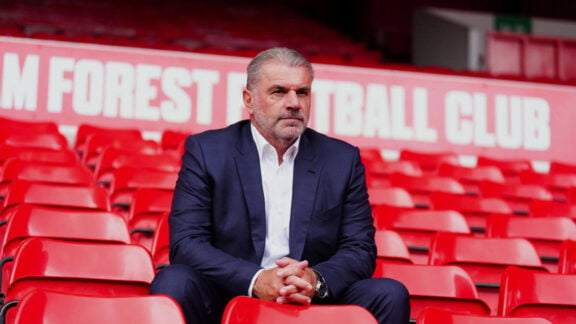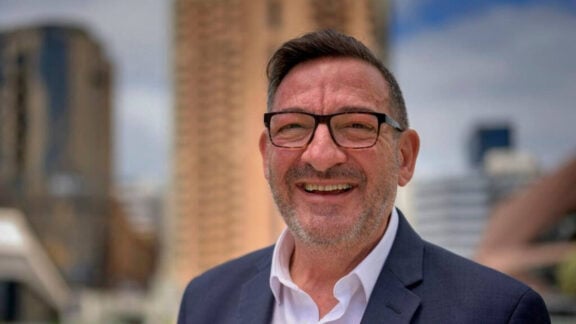Racism and ostracism have impacted on James Demetriou and his younger brother Andrew, regardless of their brilliant careers. James, or Jimmy as he was called when he played for Essendon FC, was the first Bombers player of Hellenic descent.
The man that once worked for Bob Hawke, was a corporate lawyer is now is the Chairman of Sports Without Borders, a non-for-profit organisation dedication to providing support for young people from refugee and newly arrived immigrant backgrounds who want to become involved in sport.
Andrew Demetriou may be one of the most powerful men in Australia as the CEO of the Australian Football League yet to older brother James, he is affectionately known as ‘Leondari’ (lion).
“Growing up, mum instilled in us the need to look after people that were less well off which is why we have based our whole lives on merit and assisting the disadvantaged,” James Demetriou explained.
The 55-year-old Melbournian established Sports Without Borders in 2006, following a Australian Bureau of Statistics study that revealed children of non-Anglo backgrounds are two-thirds less likely to participate in sport than the traditional Australian community.
Melbourne based Sports Without Borders has dispensed over $300,000 in grants to individuals and community groups of diverse cultural background such as the African, Iranian, Chinese and Pacific Islander.
“Seeing how difficult it was for my generation of immigrant children to participate in sport, I was blown away by the fact that 50 years later, newly arrived communities were facing the same, if not more difficult issues,” he said.
“To get one child to play sport over a season is $600 and a lot of these families have three to five kids so you are talking about a lot of money.”
The outcome according to Mr Demetriou is disengagement and social exclusion.
Timas Harik, a 16-year-old athletic Australian champion is one such recipient that Demetriou uses as an example.
“He was separated from his parents during the fighting in Sedan and ended up in a refugee camp in Egypt,” explains Demetriou.
In Australia this talented young man was spotted by a coach at St Kevin’s College but he couldn’t afford to buy runners. “We supported him and he ended up being Australia’s 1500 and 1800 metre champion.”
Mr Demetriou believes in sport as a gel for social inclusion, “sport not concern itself with race, creed, colour or religion.”
It was football that helped break down the ‘wog’ and Anglo barriers according to Demetriou.
“My first five years of secondary school was very tough- we experienced racism, taunts and were involved in fights,” he reflects.
“We went to a lower middle class school out in the North of Melbourne and I think a lot of it was ignorance because they had never engaged with Greeks or Italians. My family was very good at sport and education and some found difficult to understand…when we started playing football all those barriers broke down.”Mr Demetriou stresses the need for more funding, “Right now Sports Without Borders has first round funding requests from 85 individuals and organisations amounting to $200,000 yet I only have $20,000 to allocate.”
“To be fully effective we require much more significant support.”
Sports Without Borders is hoping to secure Federal Funding for its national program, Social Inclusion Through Sports (SITS).

